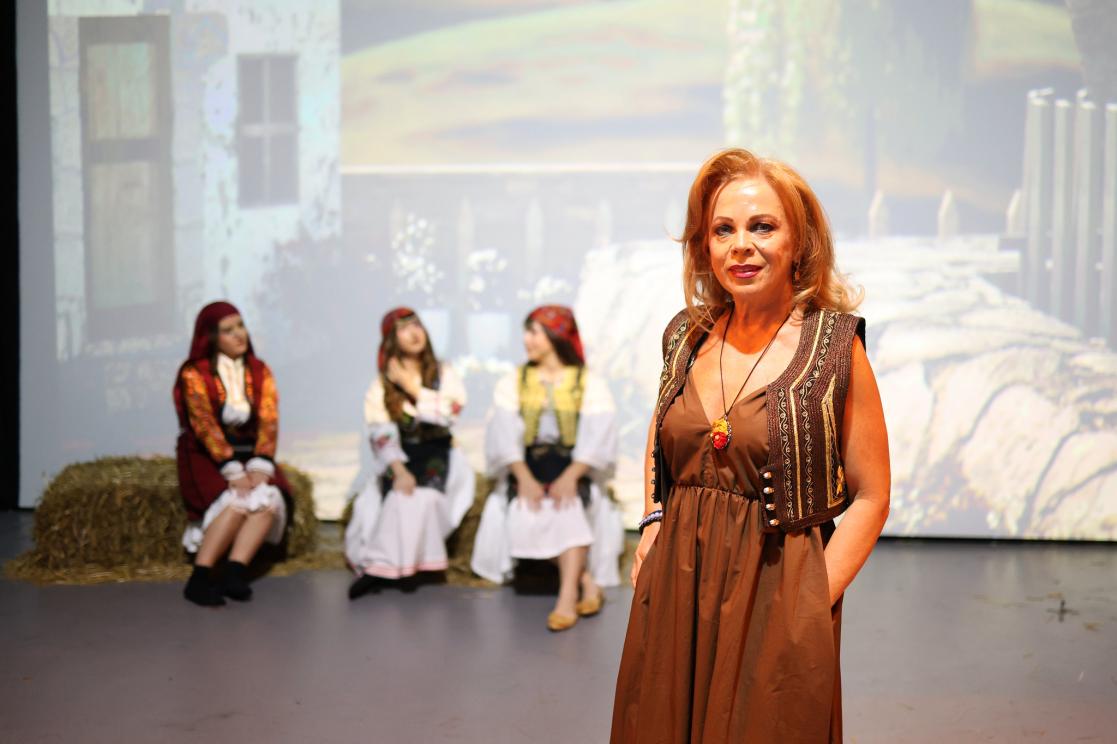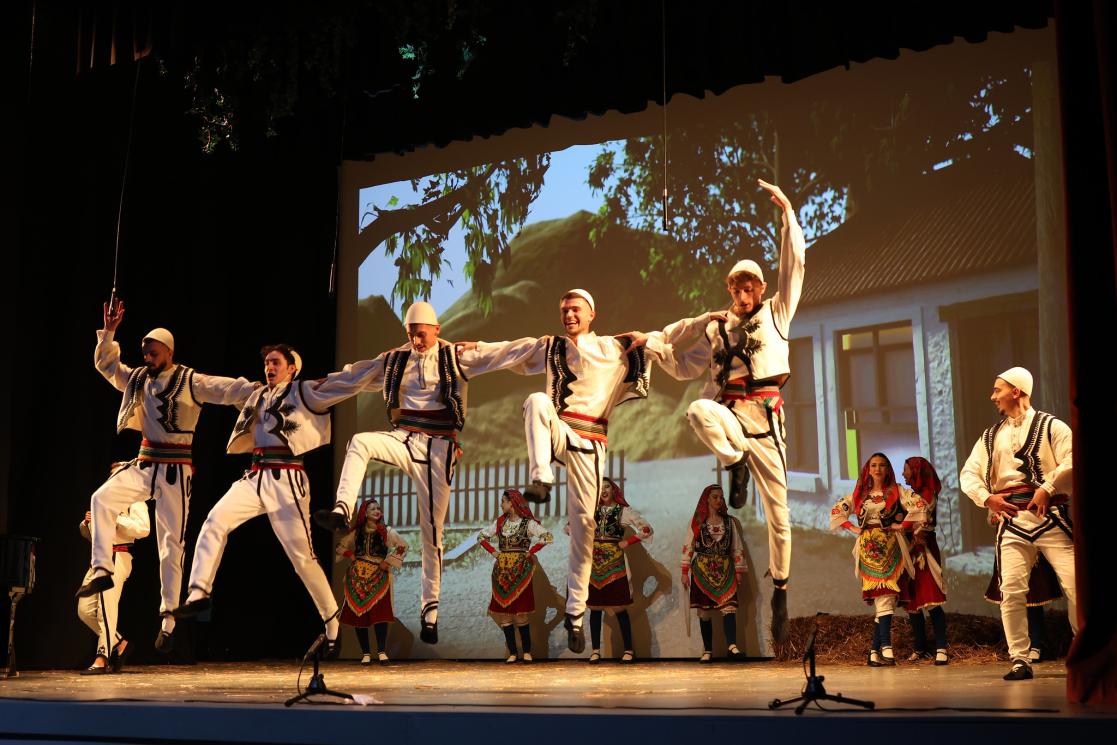Reviving the “Agimi” operetta and giving a boost to the opera genre in Albania

As a child he had learned to play the clarinet and this was how his love for music started. After studies at the “Conservatoire de Paris” in France and “Giuseppe Verdi” convervatory in Italy, young composer Kristo Kono came back to Albania taking the first steps into becoming one of the first contributors of Albanian classical music and opera. First as a music teacher and then as a composer, he created choirs in schools, worked with the famous choir “Lira”, wrote romances and songs for well-known singers of the country in 1930s such as Jorgjia Truja and Tefta Tashko. The rise of the composer however came after the World War II. After composing cantatas, film music, coral rhapsodies, vocal instrumental works or suites for the orchestra, in 1954 he was asked to compose something that would be a celebration of 10 years of liberation, and this is how Operetta “Agimi” came to life. The challenge was enormous as it was the first Albanian operetta ever made while the country had to wait some more years to build an opera theatre.
“The first Albanian operetta came on stage 70 years ago and this was a milestone for our classical music and opera genre. Kono is one the founding artists of our Opera. Back at the time, well known artists joined for this production, Kono was the composer, writer Kol Jakova wrote the libretto and the painter Vangjush Mio designed the scenography”, says Inva Mula, a famous Albanian soprano and director, who re-staged the forgotten operetta after 7 decades with the support of European Union Delegation to Albania.

EU Delegation to Albania
Its premiere was part of MIK (11-14 July), an international music festival Mula has been organizing for years in Korça, the city where Operetta “Agimi” had its debut in 1954. The hall of the "Andon Zako Çajupi" theatre had a mass audience, while two elderly people, who had attended the first version of the operetta 70 years ago, were sitting among the spectators to watch the new version. In between the acts, the attendees were caught by surprise when a piece of the original recording of the operetta filled the concert hall.
The story of the work is placed in a village in north of Albania, probably in Mirdita. The conflict follows a love story between Hana and Sokol and the jealousy of another man in the village who loves Hana too. The libretto has been adapted, to remove traces of communist ideology that were inevitably part of every stage work in the 1950s, but the music is the same.

EU Delegation to Albania
“It was a kind of adventure, first because it is not easy for a festival to produce a whole operetta, with three acts and all the characters. Then, as we do not have an archive, we had to gather damaged pieces of papers, hard to read, and collect fragments of the musical sheets to recreate the operetta. But we did it, and we are proud to say that MIK festival managed to digitise it and now everyone who wants to study the first Albanian operetta can have access to it”, explains Mula, who is also the daughter of two renowned opera singers.
Same as in the original version, this restage, kept the gegë and toskë dialects from the north and south of Albania, just like the singers originally performed them, bringing together the two varieties of the Albanian language. While the emotions were felt scene after scene, the end of the operetta received loud applauses and congratulations.
Mula feels that there’s a lot of hope in this work, a hope which comes from the music and the joyful chorals.

EU Delegation to Albania
“Sometimes they sound naïve and sincere because it is a music that comes from the soul and combines Albanian motifs with a classical approach. The hope felt has to do also with the artists. In 1954, Kono staged it with amateurs, while this year we staged it with young artists 18- 24 years old, and I am happy to see the next generation working with such passion,” she highlights.
One of her collaborators in the festival is Aleks Ikonomidhi, an art coordinator who studied law and art history and has gathered the musical sheets in his family archives (two of his uncles were part of the operetta in the 50s) and in the Albanian institutions. Young but passionate about music and heritage, he searched the old shelves to find Kristo Kono’s notes and pay tribute to him.
As her festival promotes Albanian nature, landscapes, heritage and international music, for Mula, reviving the Albanian classical repertoire is important along with performing the most notable opera works from world’s famous composers.





